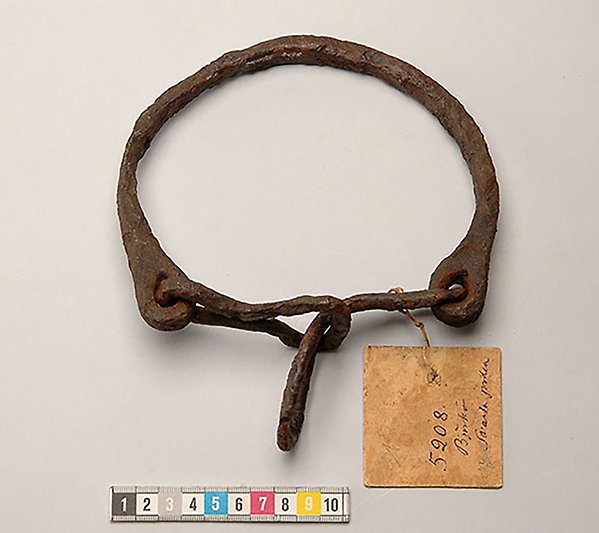Viking Economics

The second main component of the Viking Phenomenon project explores Viking Economics. In contrast to the widespread exploration of the silver trade, a genuine study of raiding economics has never been undertaken - and yet they must, almost inevitably, have provided a prime motor for the developing social processes that embody our definition of the entire time period.
The second main component of the Viking Phenomenon project explores what we have chosen to call Viking Economics. We mean this literally, as the economics of Vikings, in the exact sense of that word, rather than referring to the general economic systems of Viking-Age Scandinavia. In contrast to the widespread exploration of the silver trade, a genuine study of raiding economics has never been undertaken - and yet they must, almost inevitably, have provided a prime motor for the developing social processes that embody our definition of the entire time period and which are so clearly reflected in places like Valsgärde.
Here we see the Vikings as actors in wider arenas, ones that involved all members of society. Our interpretations strive to include all the Viking-Age people of Scandinavia equally, regardless of their gendered identities (which we have long known went far beyond the binaries of biological sex). New research is suggesting that women played far more active roles in the Viking campaigns than has previously been supposed. Another neglected issue is the fundamental importance of slavery and slaving, not only to Viking economics but to the very fabric of society; the unfree have been left out of our models for too long. A vital thing to understand is that activities that were once discussed separately were in fact part of the same process: raiding was slaving, and this in turn was trading, in a loop of social feedback powered by maritime violence and movement. Piracy is another key element in this complex picture, and a field of specialist study that has much to offer Viking scholars.
International, cross-cultural comparative studies will add a further dimension to these investigations, drawing on the historical archaeology of early modern colonial contexts in the Atlantic, the Caribbean, the Pacific and the Far East. Of course, we do not simply take interpretations from these distant time periods and drop them onto the Viking Age - but they provide useful platforms from which to think, new ways of seeing the eighth to eleventh centuries in the North.
Under the direction of Dr Charlotte Hedenstierna-Jonson, the Viking Economics strand will also bring in a range of other scholars, so far including Dr Gareth Williams of the British Museum and Dr Ben Raffield, formerly of Simon Fraser University (SFU) in Canada and now at Uppsala; both are specialists in Viking warfare and army structures, while Ben also works on slavery. An economic historian from Lund, Docent Anders Ögren, will also contribute his expertise on the interlocking components of these systems, and team will grow as the project progresses.
